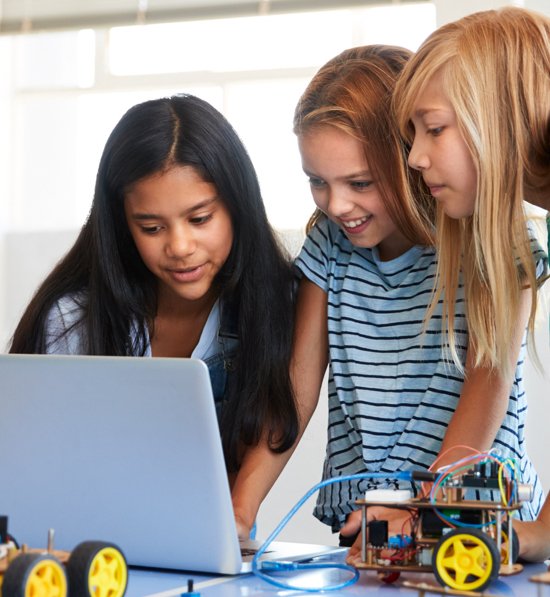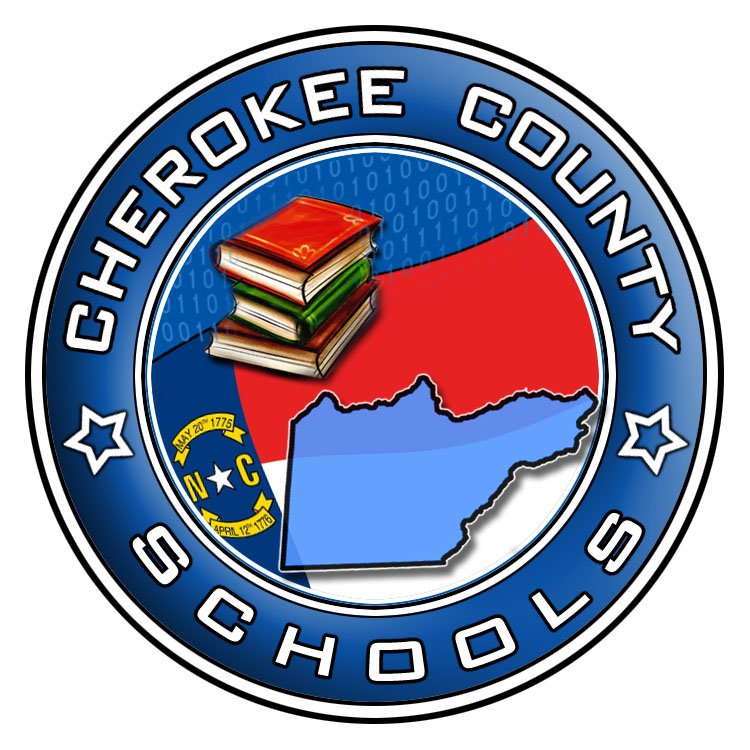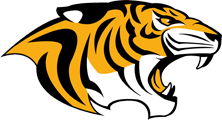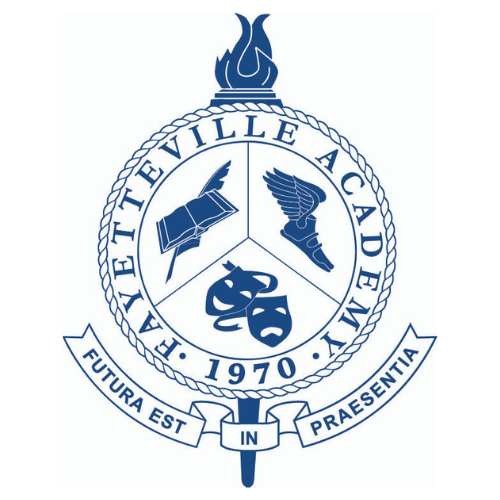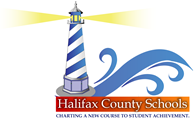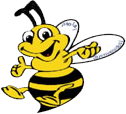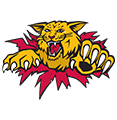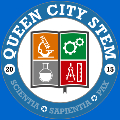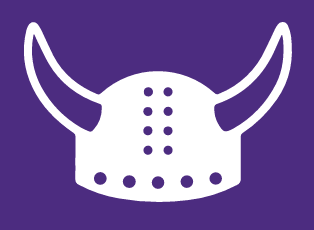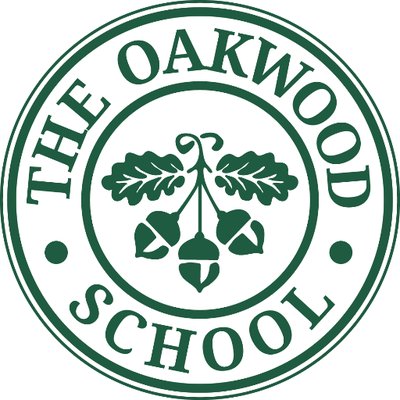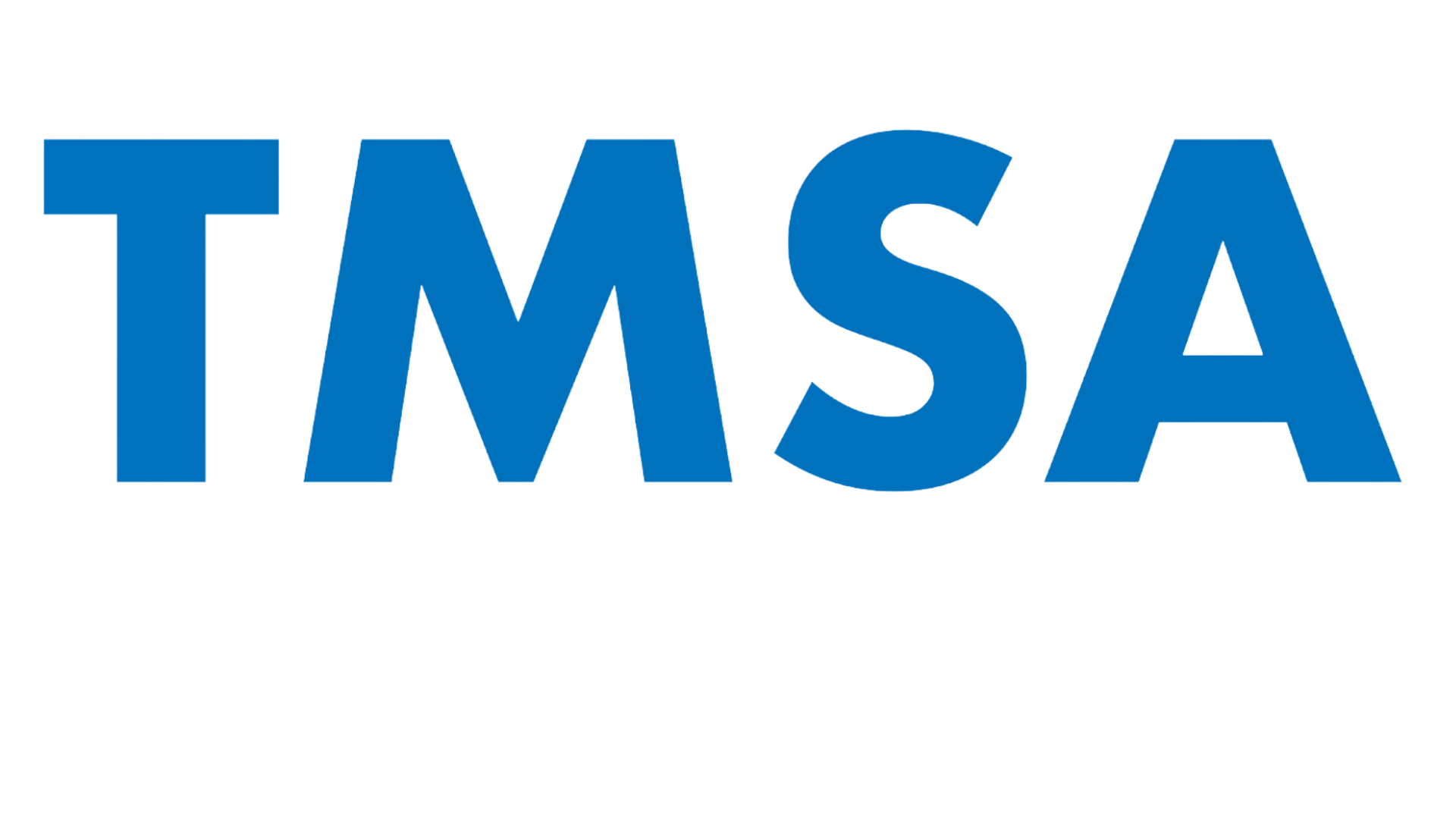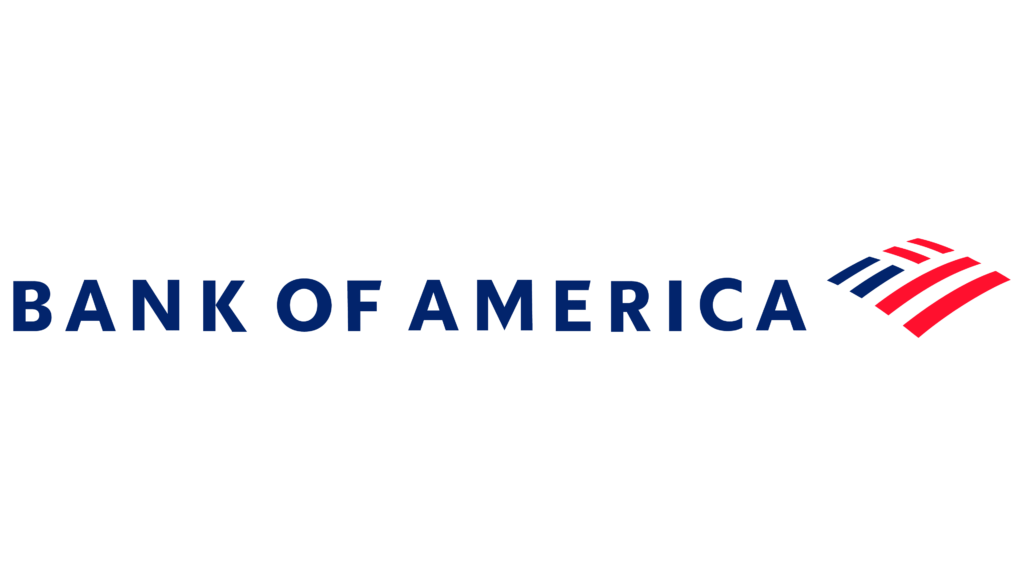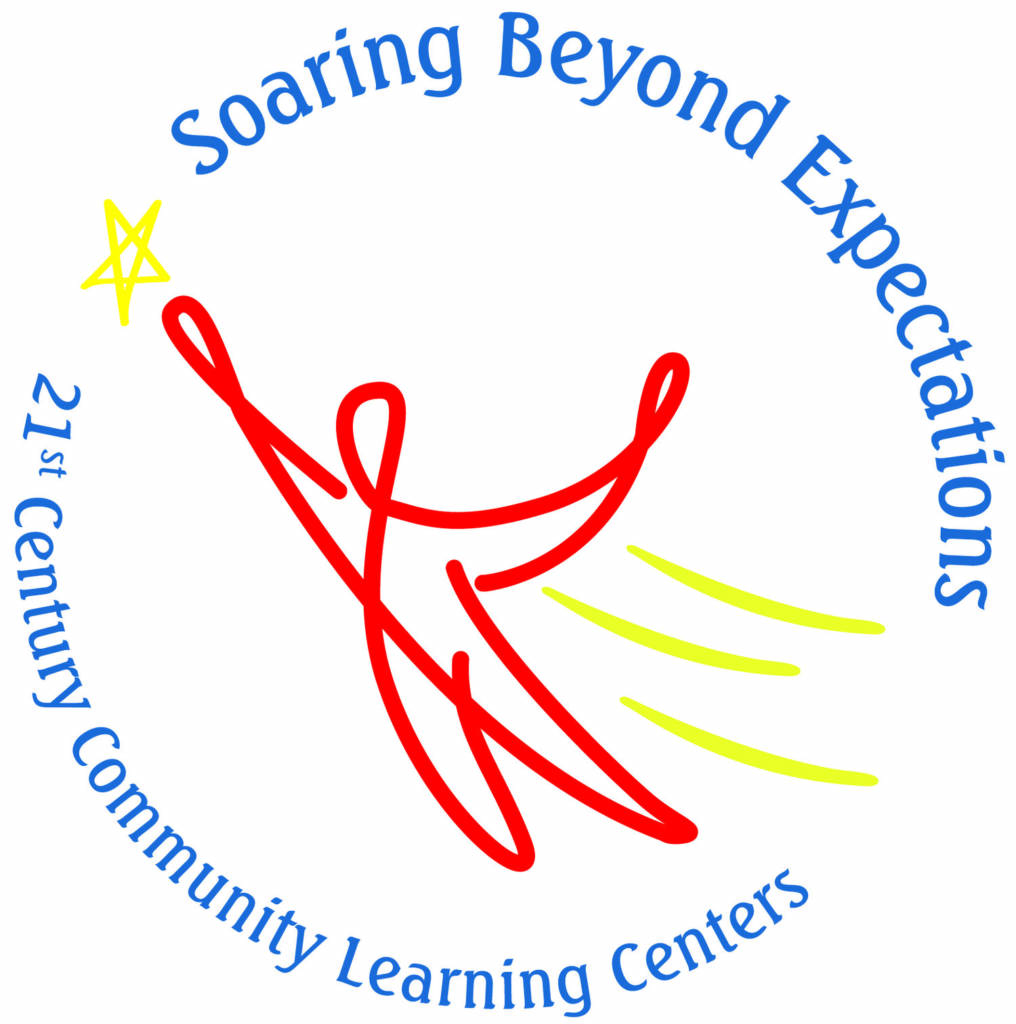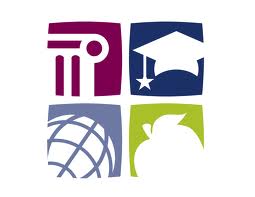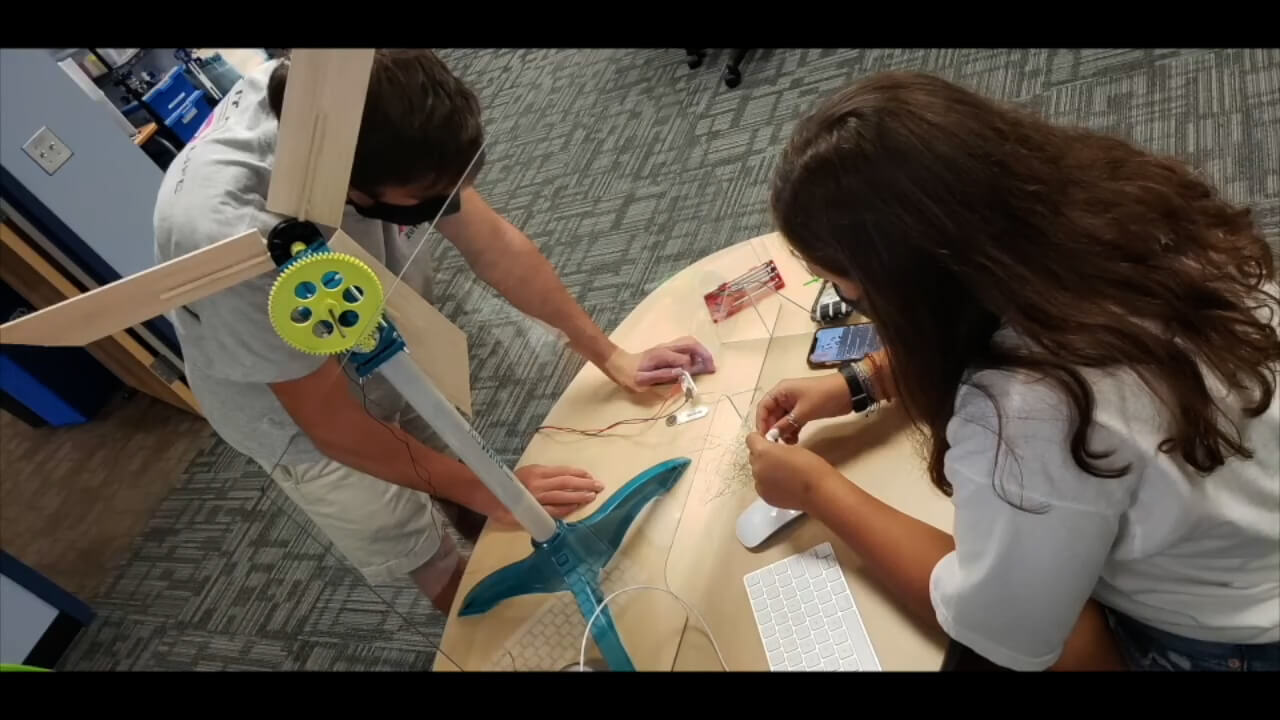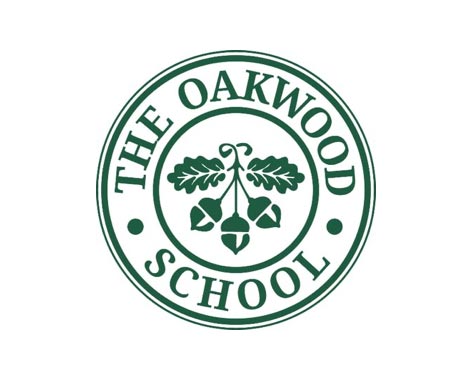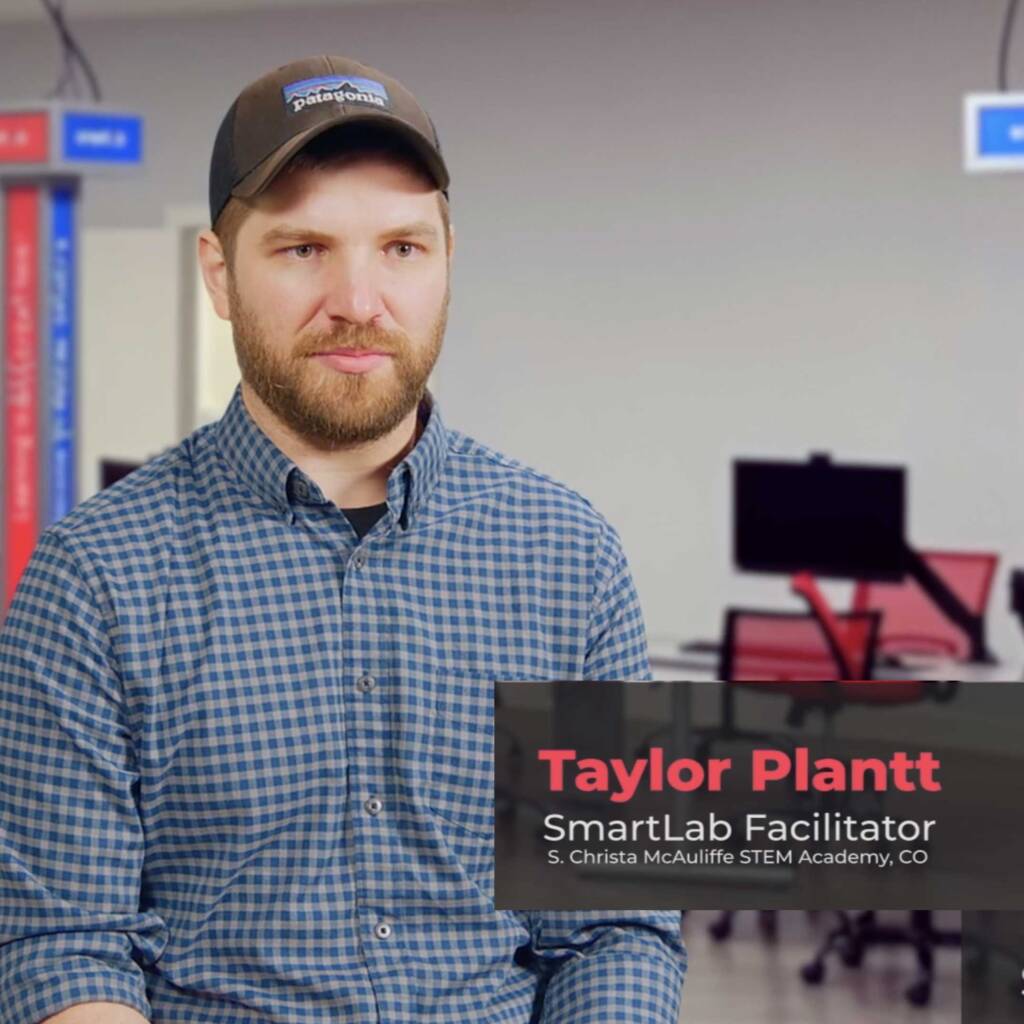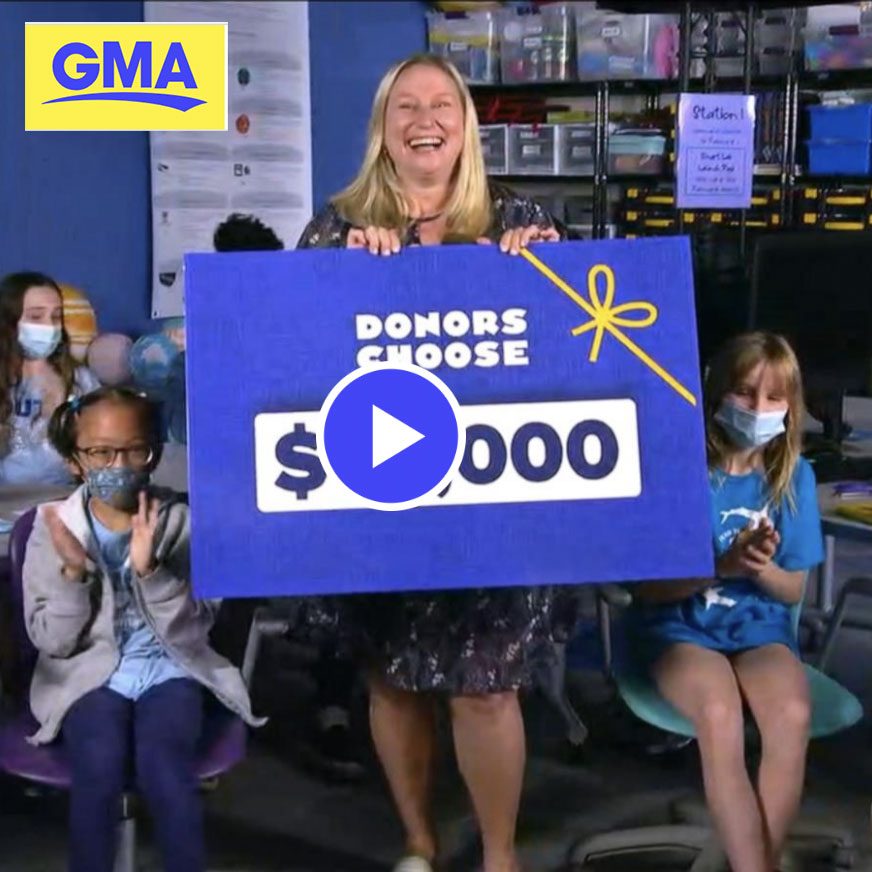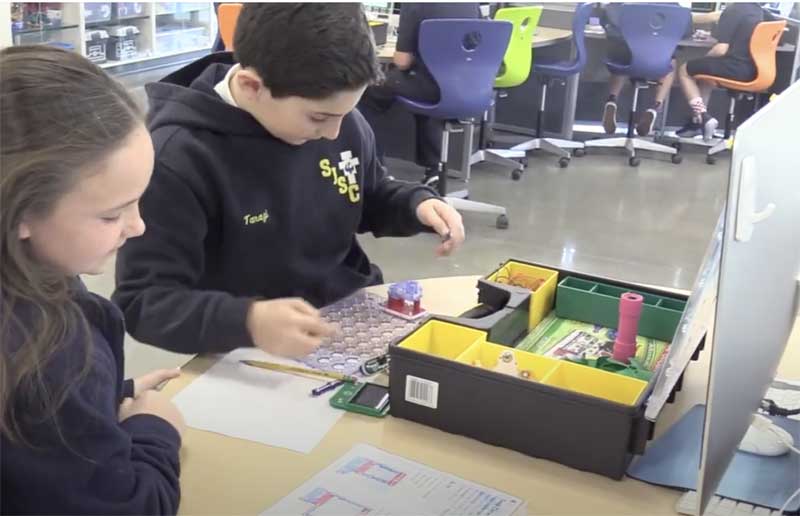“In its first year, the SmartLab HQ has become the focal point of student-driven inquiry on campus. I am constantly impressed by the level of discussion and problem solving I see among the teams of students as they explore their own interests and develop skills that will allow them to succeed in jobs that may not even exist yet.”
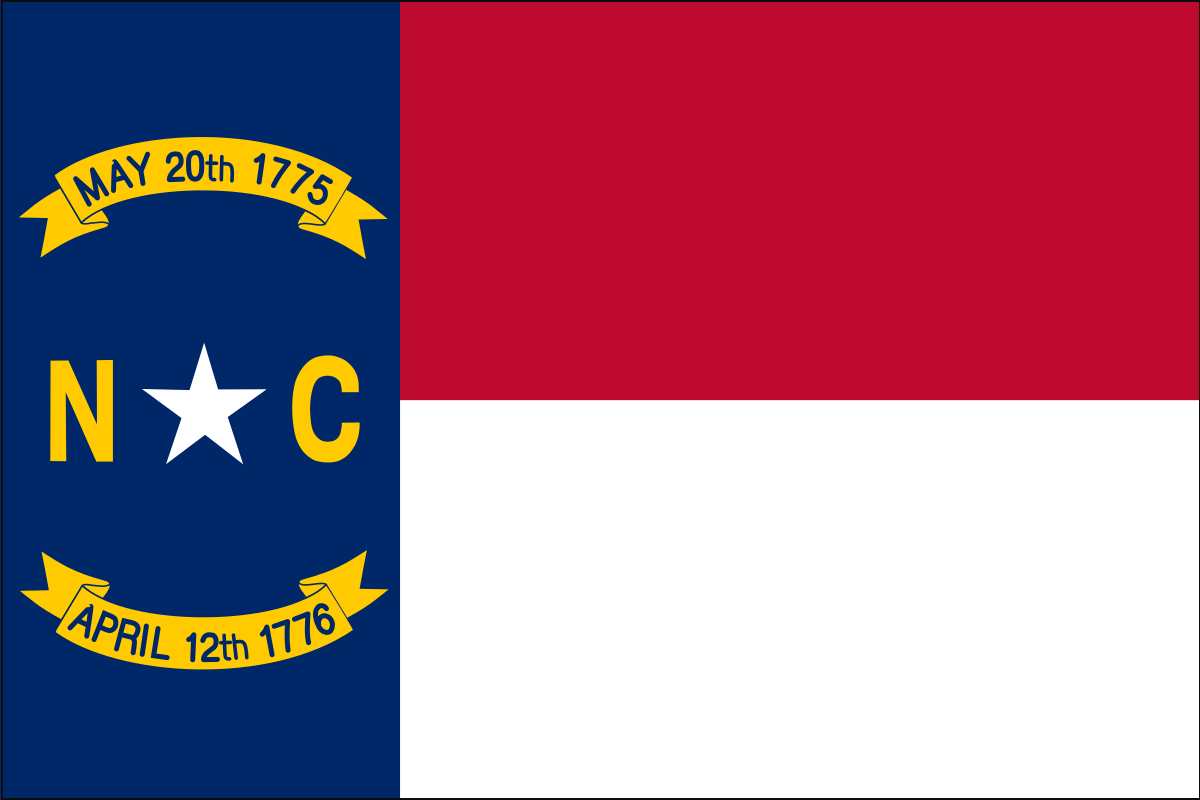
STEM/STEAM Learning in North Carolina
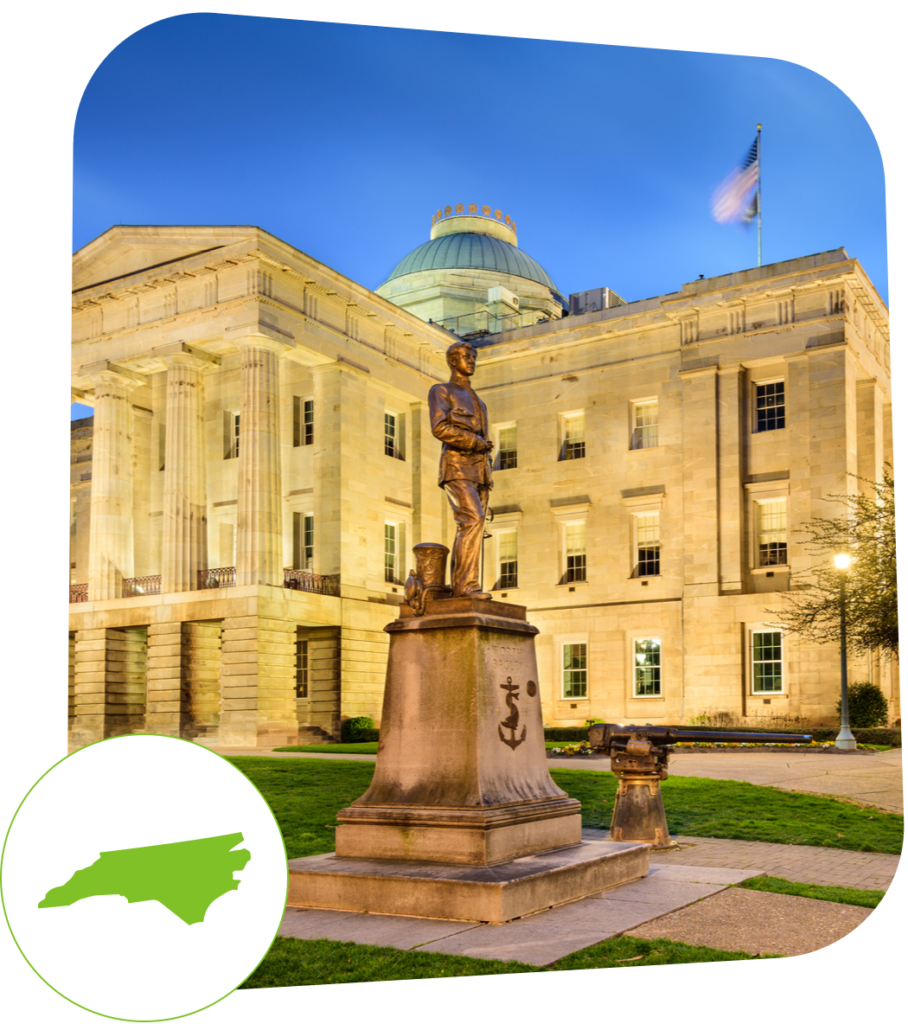
Learning Objectives
By 2025, the North Carolina State Board of Education (SBE) aims to eliminate opportunity gaps in their student and post-secondary populations. The SBE’s vision statement describes what this might look like in the classroom, where every student will be:
- Empowered to accept academic challenges
- Prepared to pursue their chosen path after graduating from high school
- Encouraged to become a lifelong learner with the capacity to engage in a globally collaborative society
This primary goal is accompanied by—as well as reliant upon—the SBE’s additional goals of increasing educator preparedness and improving school and district performance by the same deadline. To achieve these three goals, North Carolina schools must implement equitable, future-facing programming that supports educators alongside students of all abilities. Not to mention keep learning fun!
That’s where SmartLab Learning can help.
SmartLab Learning In North Carolina
Supporting Whole-Child STEM Instruction
In North Carolina, as in many other states, the current demand for STEM professionals far outweighs the supply of qualified applicants. To uphold North Carolina’s legacy of STEM innovations and prepare learners to meet evolving workforce needs, the state has developed the STEM Recognition Program for schools to share their “distinguished approaches to leading and learning” in the fields of science, math, engineering, and technology. Recognition is awarded based on five principles, which align with SmartLab Learning in the following ways:
- Student Opportunities: In project-based SmartLab Learning engagements, students of all abilities and interests can explore self-directed projects at their own pace. | Learn More
- Classroom Environment: While engaging with core STEM concepts, students build next-generation skills like collaboration, diplomacy, group problem-solving, and empathy. | Learn More
- School Structures: SmartLab facilitators receive comprehensive training and instruction on all SmartLab engagements, and maintain access to continuing PD opportunities. | Learn More
- School Culture: Hands-on learning experiences provide even the most disengaged students with chances to follow their curiosity and discover new, authentic connections to core subjects | Learn More
- Community Connections: Through a whole-child approach to academics, SmartLab students are encouraged to apply their learning to the wider world, whether through conservation projects, field reporting, or connecting with subject matter experts in their own backyards. | Learn More
Schools that exemplify model approaches to these principles become STEM Schools of Distinction, demonstrating that their programming provides a robust, relevant education for all students, regardless of circumstance.
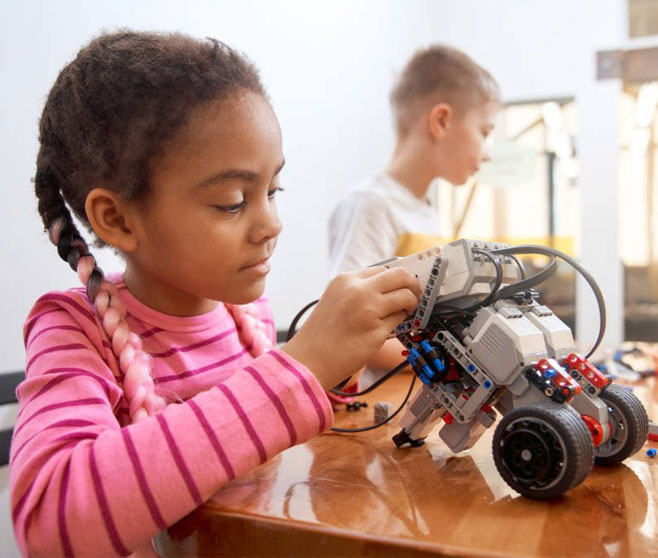
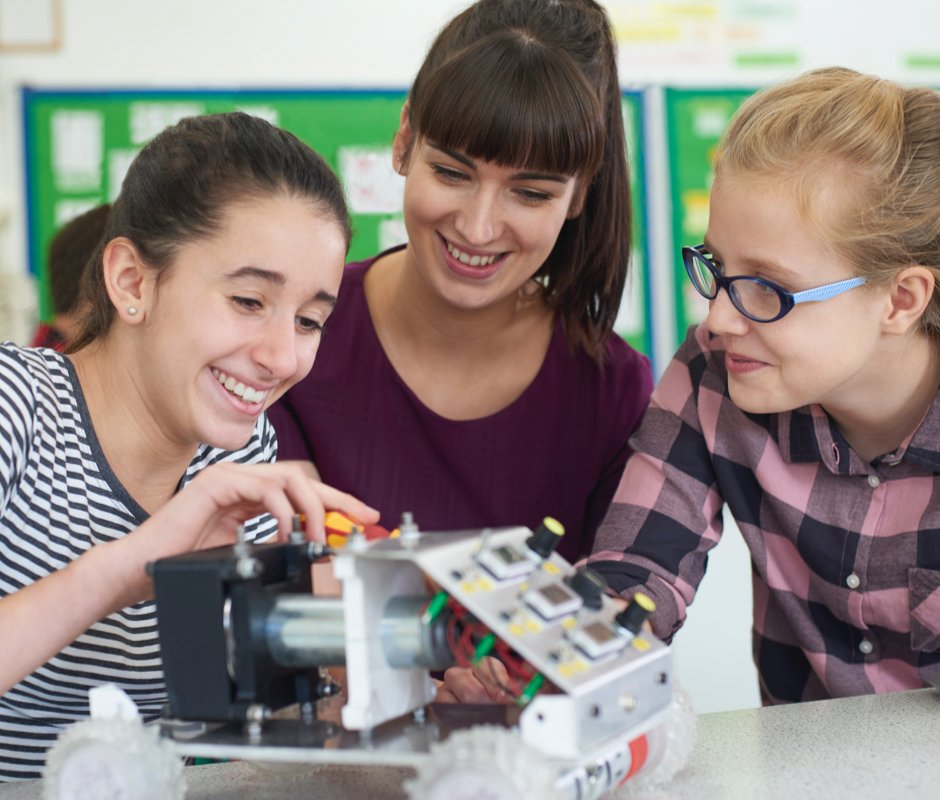
SmartLab Standards Alignment
Achieve Academic Success in the Tar Heel State
SmartLab Learning Solutions are in 70% or higher alignment with the following nationwide and state-specific standards:
- North Carolina K-12 Mathematics Standard Course of Study (Common Core): Learners apply mathematical concepts to solve problems they can see and feel. | Learn More
- North Carolina Science Essential Standards (Next Generation Science Standards): Hands-on learning engagements bring core science concepts to three-dimensional life. | Learn More
- International Society for Technology in Education Standards: Empowered with access to innovative tools—and the agency to explore their applications—students grow into their roles as digital citizens. | Learn More
SmartLabs in North Carolina
See which North Carolina schools and districts have implemented SmartLab Learning solutions.
Discover Your Funding Options
The Creative Learning Systems team helps public, private, rural, urban, large, and small schools secure funding.
Active Grants & Funding Partners
Related Resources
Find Out More About
SmartLab Learning
Success Stories
Browse Client Case
Studies & Testimonials
Who We Help
SmartLab Learning
Benefits Everyone
Our Process
We Offer Comprehensive Solutions
Ready to bring SmartLab Learning to your school?
We’re excited to hear from you. Let’s change the way your students engage with math and science—in and outside the classroom.
